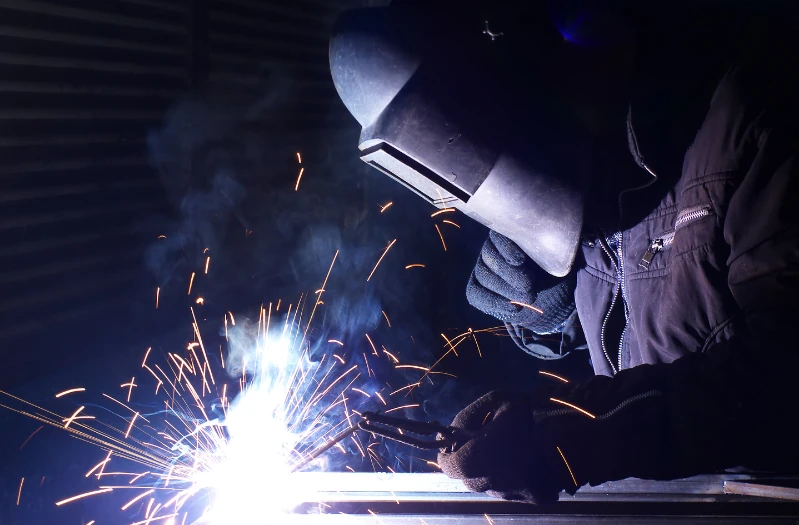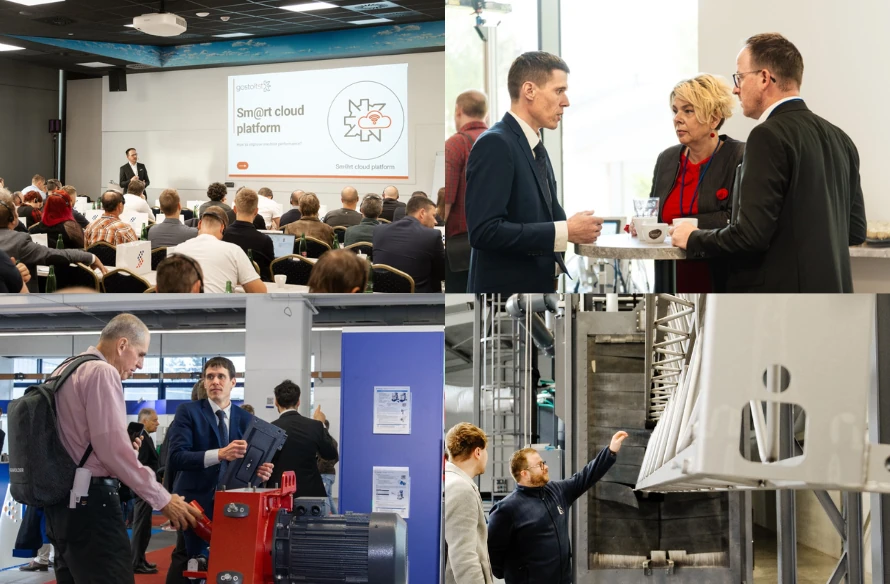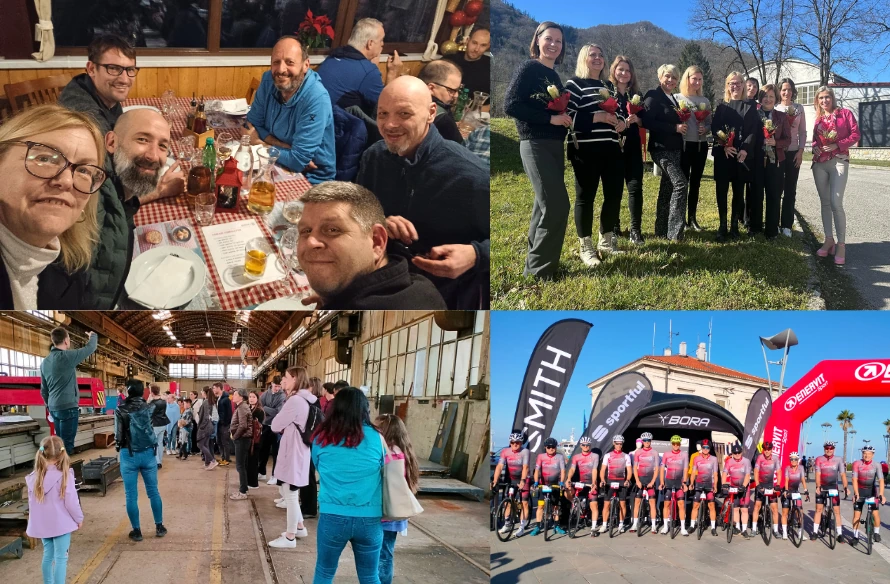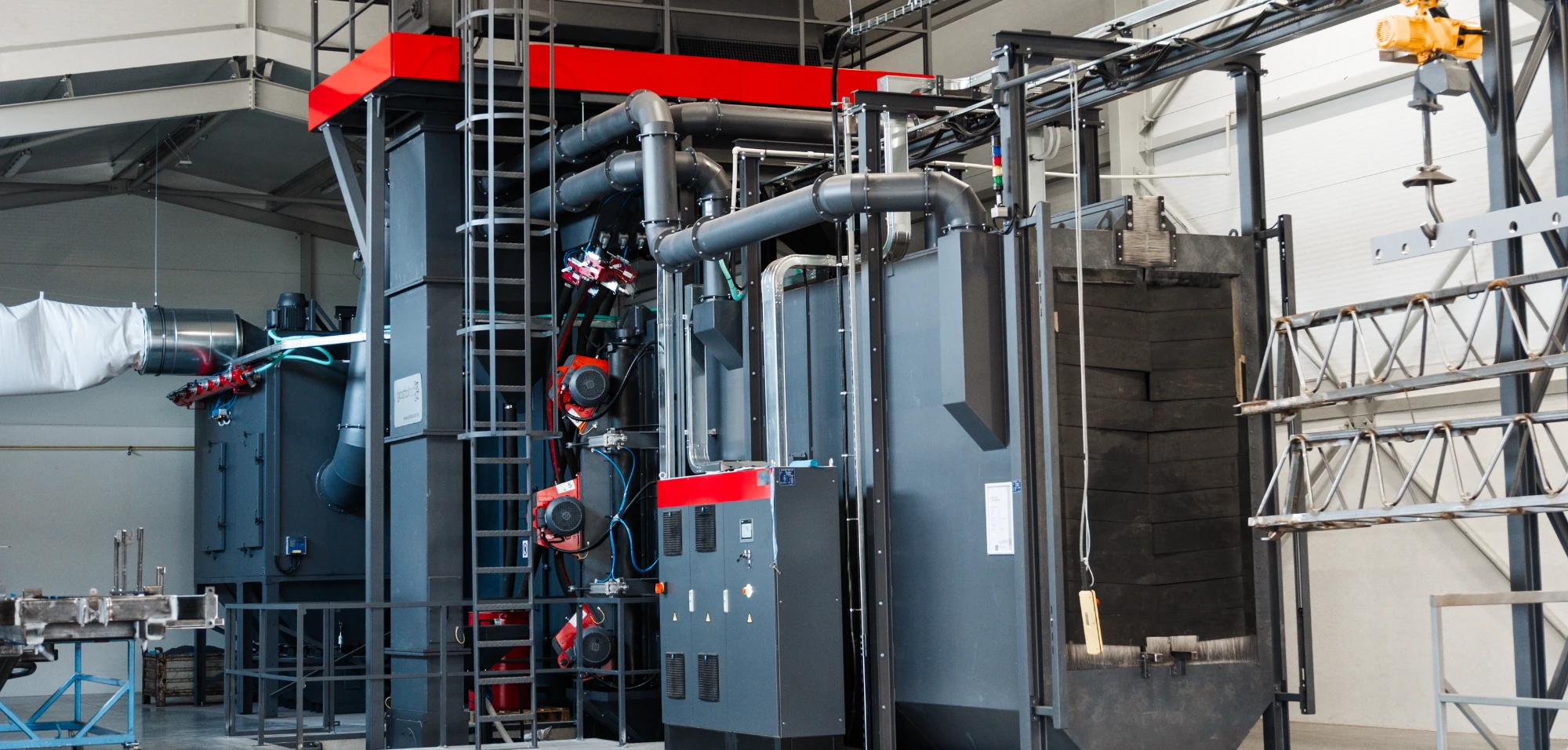Welding is a process in which two or more metal components are joined together using heat, pressure, or a combination of both, with or without the addition of material. And while it may sound simple, it is a demanding operation that can only be successfully performed by trained and qualified welders.
Recognising the importance of good welders and the shortage of them on the labour market, we are paying special attention to this topic. We recently took part in an event to introduce the welding profession to schoolchildren. Despite the fact that this is a highly sought-after profile, there is not much interest in this profession. However, we hope that this trend will change, at least to some extent, as welders are one of the key personnel in the engineering industry.

The importance of quality welding to achieve the highest quality standards
Welding quality has a direct impact on the structural integrity and reliability of the finished products. Qualified welders have the necessary knowledge, skills and experience to carry out welding operations that meet the highest quality standars. Their work includes:
- Accuracy and precision: Welded joints must be accurately executed to prevent defects such as cracks, porosity or unevenness of the joints.
- Use of appropriate techniques: Different materials and thicknesses require the use of specific welding techniques. Different methods such as MIG/MAG, TIG, manual arc welding and others are used to ensure optimum results for each specific case.
- Adherence to safety standards: Welding can be a dangerous job that requires strict adherence to safety protocols, thereby reducing the risk of accidents and injuries.

The consequences of poor welds on shot blasting machines
Poor welds on shot blasting machines can have serious consequences, affecting the safety, reliability and efficiency of the machines. Shot blasting machines are subject to high mechanical stresses, abrasives and harsh working conditions, so the quality of the welding is crucial. Poorly welded joints can cause:
- Safety risks: Poorly welded joints are susceptible to cracks and fractures, which can lead to machine failure and danger to users.
- Shorter life: Poorly made welds can shorten the life of shot blasting machines, meaning higher maintenance costs and more frequent replacement of parts.
- Customer dissatisfaction: Poor welds and subsequent failures lead to dissatisfaction among customers who expect reliable and quality products.

Training and certification of welders
To ensure that welders meet the required quality standards, it is essential that they are properly trained and certified. All our welders are certified according to the EN ISO 9606-1 standard, with the help of which the qualification of welder for manual steel welding is checked and confirmed.
The welder must pass practical tests, which include welding samples in different positions (horizontal, vertical, overhead and others) and with different welding techniques (TIG, MIG/MAG). He must also know the laws of welding various materials (steel, stainless steel, structural steel, etc.).
Certifications have a limited validity (typically two or three years) and require regular recertification to ensure the welder maintains their skills and knowledge.
We consider welders to be one of the key personnel for ensuring the quality of finished products in the production of shot blasting machines. Their knowledge, skills and precision have a direct impact on the structural integrity, reliability and lifespan of the machines. That is why the training and certification of welders is crucial in order to ensure high quality and reliable products.
For more information, contact us at marketing@gostol-tst.eu.







